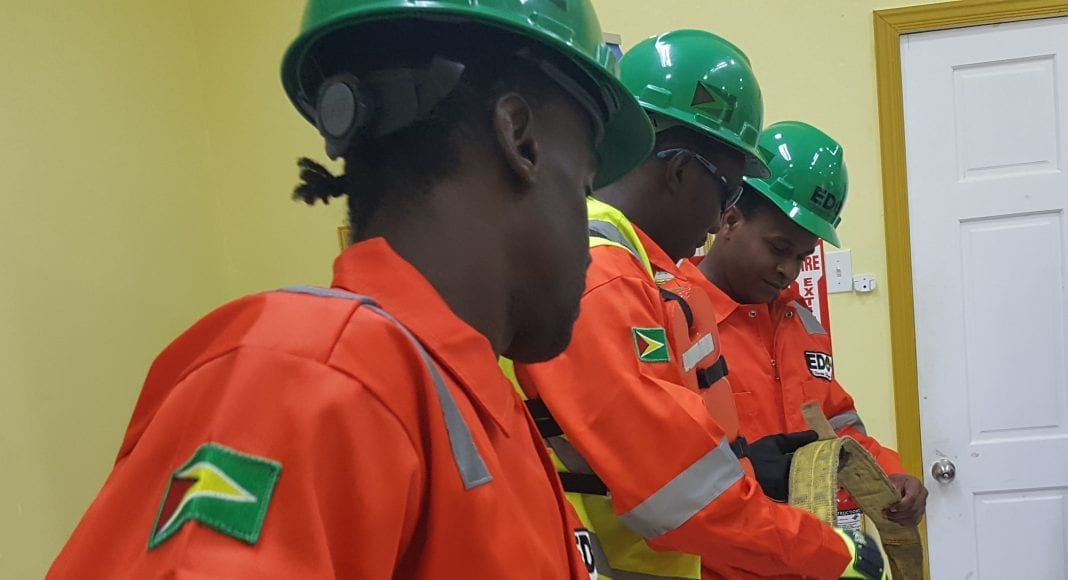Guyana has just entered its second year as an oil producing country and the question of how to maximize benefits for the local population remains at the forefront of ongoing discussions. While stakeholders across the board agree that implementing a local content framework is necessary to guide how companies operate, given that Guyana is now building capacity, how prescriptive that policy should be remains open for debate.
Americas Market Intelligence (AMI) Co-Director and Analyst, Arthur Deakin has stressed the importance of flexible and realistic regulations–especially given the fact that Guyana lacks the technical human capacity for the sector at this time.
In a recent radio interview, he posited that the local content rules should be adjusted based on the level of the oil sector’s development and needs.
“What Guyana needs is something that’s…a law that’s constantly evolving in the sense that it has certain clauses that adjust accordingly to the sector, the level of development in the sector. In some countries like Brazil, we’ve seen in the past that the original local content rules for its pre-salt oil production had disproportionate fines for non-compliance and even bottlenecks that hurt the construction of FPSOs,” Deakin said.
He is therefore adamant that having a policy in place that is responsive to the evolving conditions on the ground would best serve the new oil producing country. “So, if you don’t have a local content that can adjust to the development of the sector…that it’s sort of stuck in the past, that’s going to hinder the growth at the appropriate speed of the sector,” he said.
And the sector has been growing rapidly with two more FPSOs set to come on stream in 2022 and 2024. ExxonMobil has also said it anticipates having as much as ten oil production units operating offshore over the coming decade.
The AMI official said at present, Guyana lacks the technical capacity necessary for just one FPSO. “I think that as many of these come online, what Guyana still needs is proper training for its citizens, it needs more resources invested in educating its citizens regarding the oil sector. So, I think it’s more of a gradual transition that’s necessary there,” he stated.




